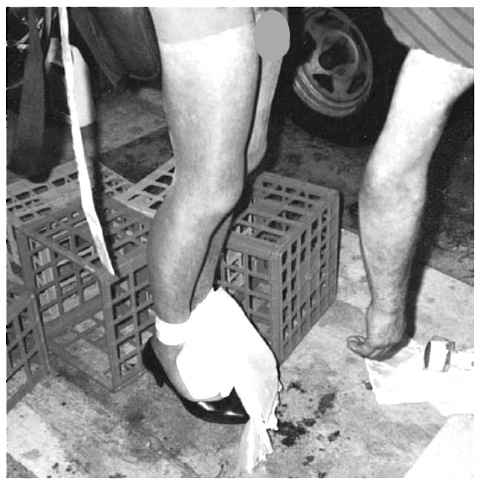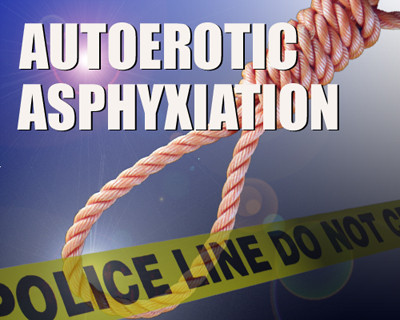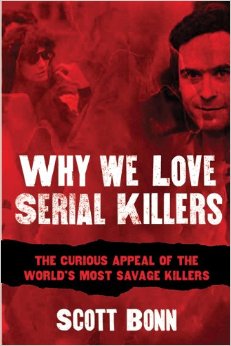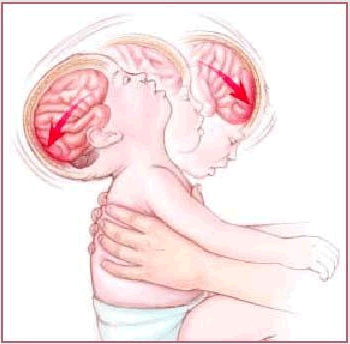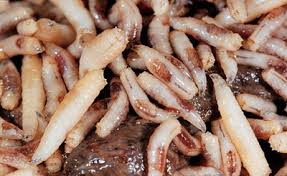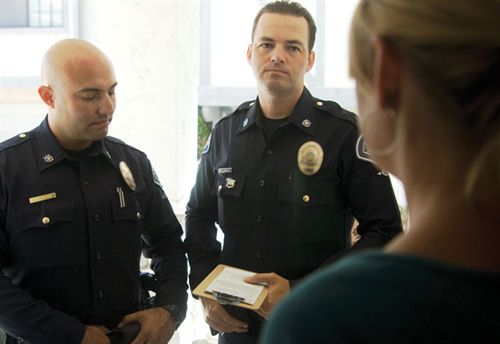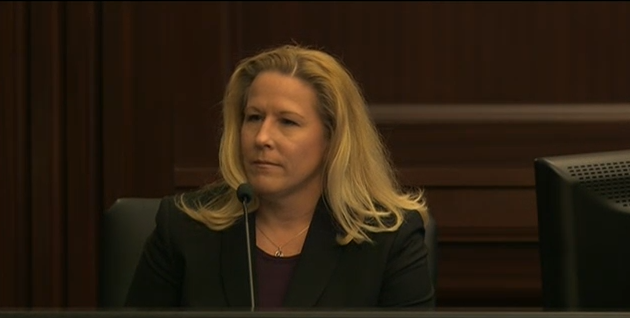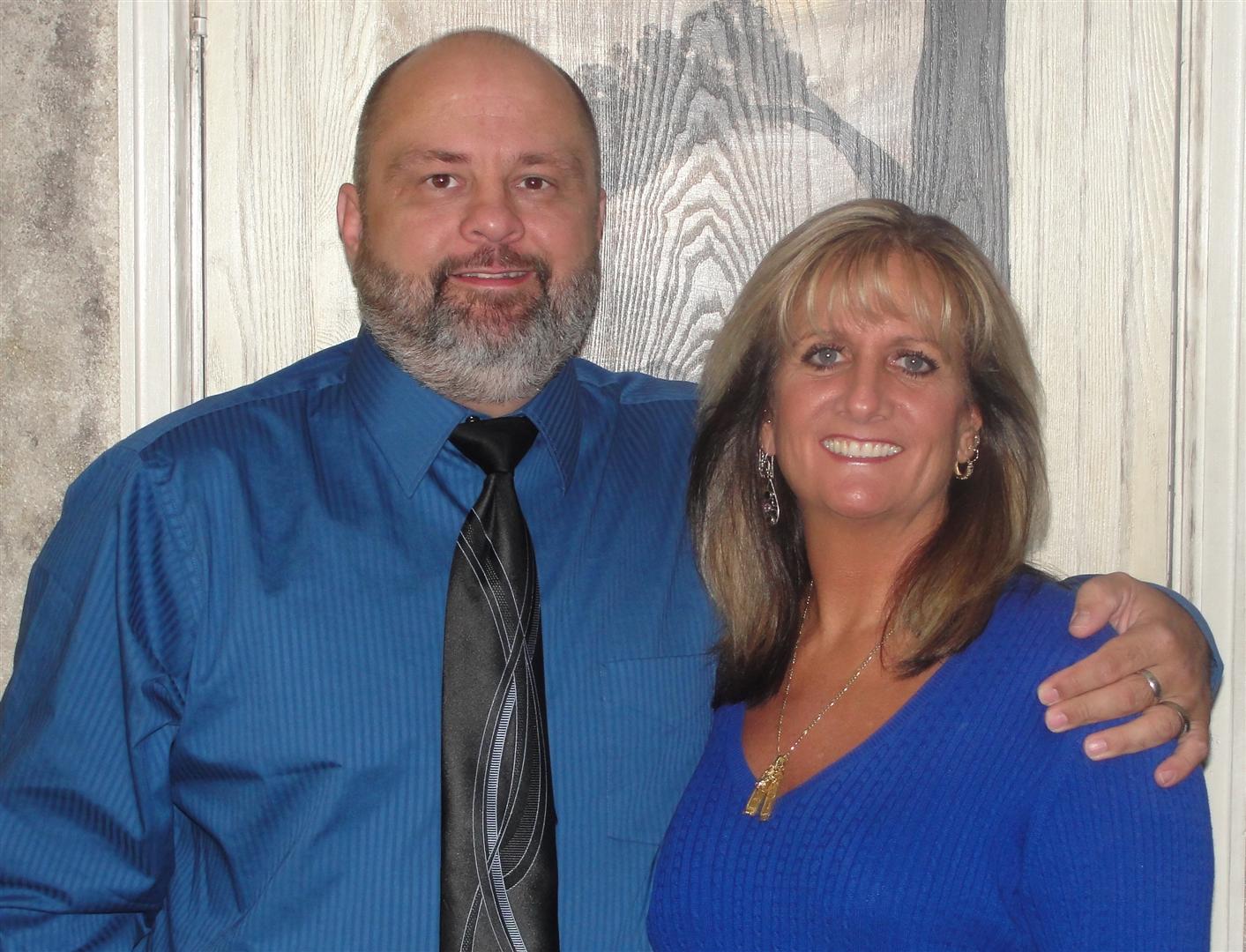Autoerotic Fatalities – Interpreting the Scene
The scene of an autoerotic death can hold a wide variety of problems and issues for the investigator. Filled with deceiving information and abnormal behavior, these scenes offer challenges to even the most seasoned investigator. However, it is vital that you get these scenes worked correctly. First and foremost, it is your job to get…
Read More
